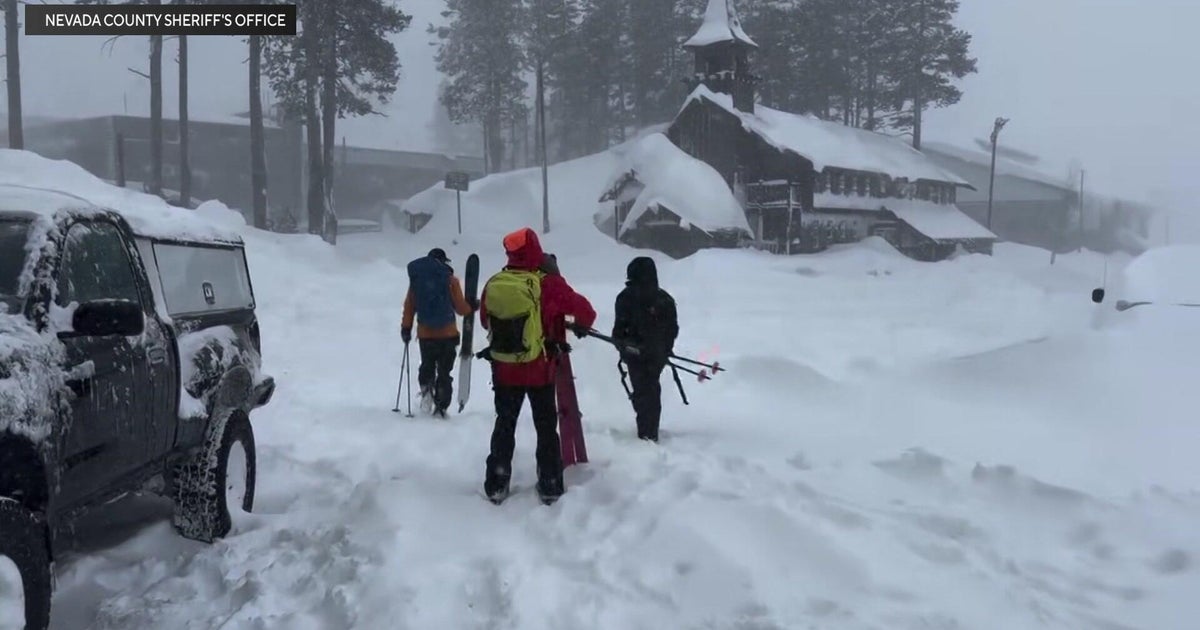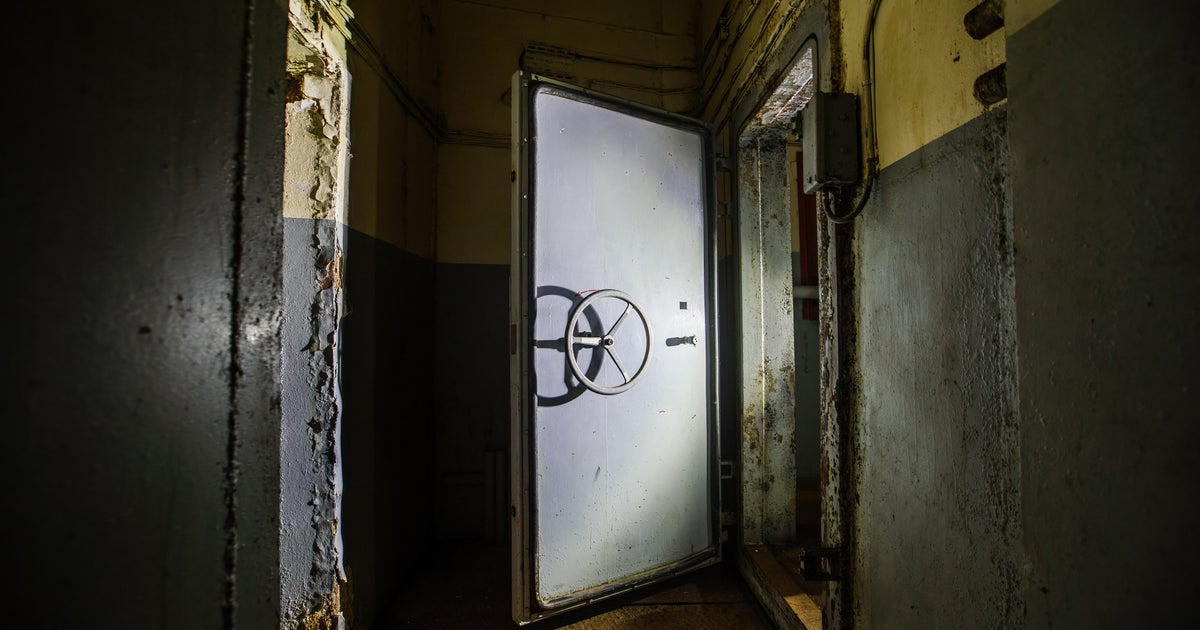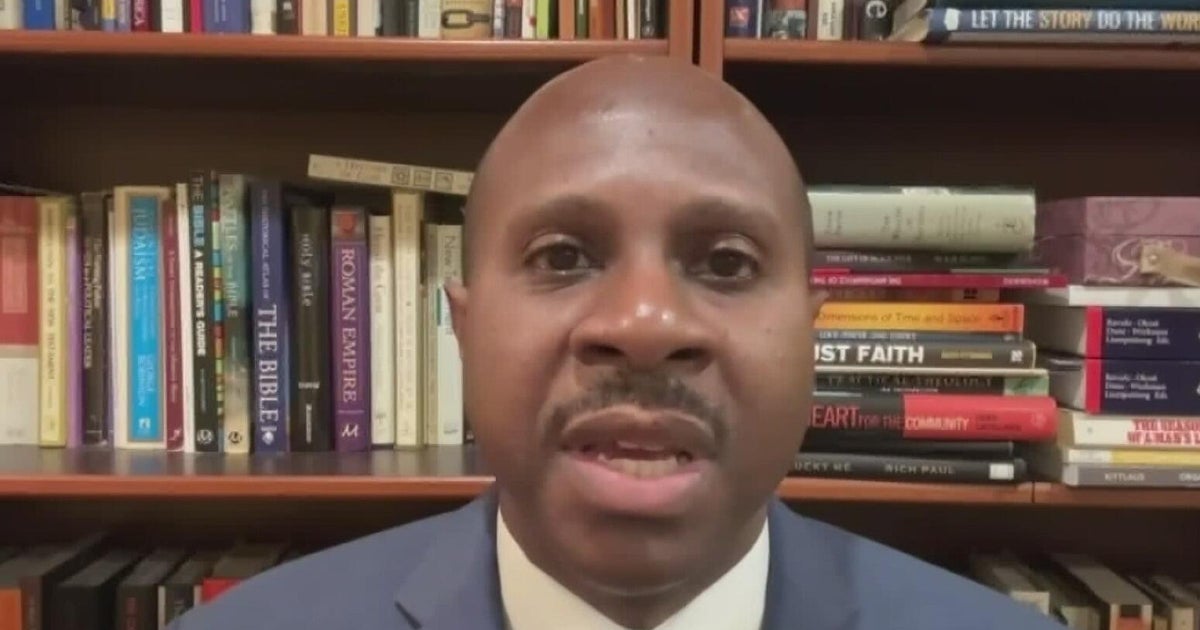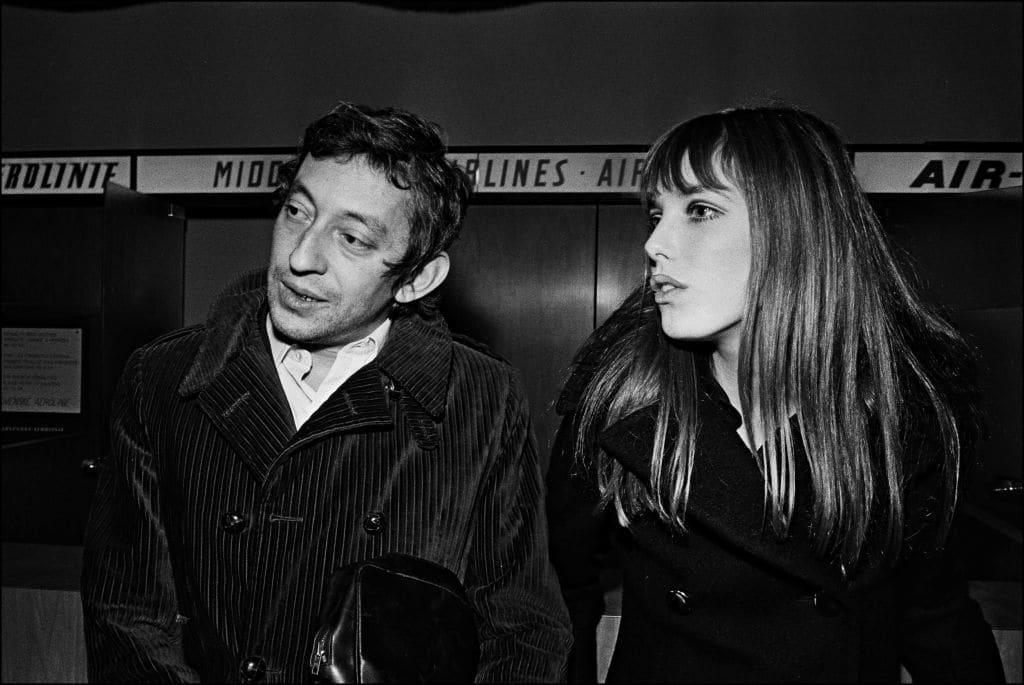Henry Kissinger on China, Nixon and OBL
Thirty-four years after leaving office, former Secretary of State Henry Kissinger remains as opinionated and outspoken as ever. He takes A LOOK BACK with our Harry Smith (This story originally aired May 15, 2011):
There is no mistaking Henry Kissinger. At 87, he's instantly recognizable, though perhaps missing the physical vigor with which he walked the world stage.
We were rare guests at his private enclave in rural Connecticut.
"What is it about getting out of the city, and coming out here to this splendid countryside that is important to you?" asked Smith.
"It's tranquil," replied Dr. Kissinger.
This from a man who was one of the lead actors in a time that was nothing less than tumultuous. From his historical strides with China, to his controversial part in trying to end the war in Vietnam, to his brokering of peace in the Middle East, most of us can't remember U.S. foreign policy without Kissinger.
"I've had the honor that I have been able to do sometimes little, and sometimes more important, things for ten presidents, starting with Kennedy," said Kissinger. "I had a very friendly relationship with Bush 43. He invited me quite frequently to talk with him."
And one of the things they talked about was taking down Saddam Hussein.
"Did you feel like the invasion of Iraq was a good idea?" Smith asked.
"I thought one should go in, overthrow Saddam, and then turn it over to the international community in some way," he said. "So the nation-building part of it, I did not agree with, but I did not oppose it publicly."
Kissinger is no stranger to controversial wars. He won a Nobel Peace Prize in 1973 for his role in the Vietnam peace talks - the framework for which failed when the North invaded South Vietnam two years later.
The foundation for America's military involvement was laid by John F. Kennedy, and then was substantially built upon by Lyndon Johnson. It was a war without victory.
"It was a very difficult period for everybody," Kissinger said. "We inherited a war, and those who started the war then joined the peace movement. So they were in an ambivalent position. And they imagined it could be ended more quickly. Obviously if we could have imagined how to end it more quickly, we would have done so."
One effort to end the war involved the secret bombing of Cambodia. Estimates of the civilian death toll vary widely - tens of thousands to hundreds of thousands. Kissinger played a key role in orchestrating it.
"The bombing of Cambodia was miniscule, compared with the bombing that is now going on in Pakistan," Kissinger said. "But that's sort of become a symbol because people had to look for something that Nixon initiated that hadn't been initiated in the previous administration, and maybe for many other reasons."
Kissinger is convinced that the president he served, Richard Nixon, will be vindicated.
"I said to Nixon the night before his resignation, 'History will treat you much more kindly than your contemporaries did.' I think he was creative in foreign policy, and decisive. And the things that brought him down did not occur in the foreign policy field."
What brought Nixon down, of course, was Watergate. Kissinger still remembers vividly the final days of the administration ... a lonely, embittered, disgraced Richard Nixon with few to turn to.
"The last night in office, he invited me to come to the Lincoln sitting room where he and I used to plan foreign policy together," he recalled. "And here was a man who had spent his whole life making himself president, and he had thrown it all away by his own actions. And as I was leaving he said, 'Why don't we pray together?' And so it was a moving, and in a way appropriate moment, to a profound tragedy in a person's life."
As Nixon's Secretary of State, Kissinger initiated relations with China in 1972. There had been no official contact between the countries for more than 20 years. Kissinger has written a new book which looks to China's history, including his place in it, as a guide to what lies ahead.
"People seem to be surprised at seeing the rise of China in the last several decades. Should they be?" Smith asked.
"No," Kissinger said. "The Chinese think of themselves as having always been on top and that there was only an interruption of a hundred years in which the West exploited its momentary weakness. And in their mind, they are reclaiming their traditional position."
And as for America's other great challenge, the threat of Islamic extremism, we asked Kissinger about the killing of Osama bin Laden.
"It demonstrates that the United States is persistent in its pursuit of those who damage it," he said, "and retains the capability to reach out far, to punish those who oppose it."
Henry Kissinger has not stopped thinking about the world and America's place in it. But when asked to evaluate his substantial role in decades of foreign policy, he respectfully declined.
"It's the essence of foreign policy that every administration has to reinvent it, and nobody should claim that he established a legacy or created a sort of a cookbook that you can simply refer to," he said.
He added, laughing, "Anyway, you shouldn't ask the people who were active to define what their legacy is - they tend to exaggerate!"
For more info:
- "On China" by Henry Kissinger (Penguin)



